Freedoms Dawn
The Last Days of John Brown in Virginia
Louis DeCaro Jr.
ROWMAN & LITTLEFIELD
Lanham Boulder New York London
Published by Rowman & Littlefield
A wholly owned subsidiary of The Rowman & Littlefield Publishing Group, Inc.
4501 Forbes Boulevard, Suite 200, Lanham, Maryland 20706
www.rowman.com
Unit A, Whitacre Mews, 26-34 Stannary Street, London SE11 4AB, United Kingdom
Copyright 2015 by Rowman & Littlefield
All rights reserved . No part of this book may be reproduced in any form or by any electronic or mechanical means, including information storage and retrieval systems, without written permission from the publisher, except by a reviewer who may quote passages in a review.
British Library Cataloguing in Publication Information Available
Library of Congress Cataloging-in-Publication Data Is Available
ISBN 978-1-4422-3672-1 (cloth : alk. paper) ISBN 978-1-4422-3673-8 (electronic)
 The paper used in this publication meets the minimum requirements of American National Standard for Information SciencesPermanence of Paper for Printed Library Materials, ANSI/NISO Z39.48-1992.
The paper used in this publication meets the minimum requirements of American National Standard for Information SciencesPermanence of Paper for Printed Library Materials, ANSI/NISO Z39.48-1992.
Printed in the United States of America
For grieving mothers and fathers
of black sons and daughters,
outrageously slain by armed thugs
or racists with badges
He intended to put the Declaration of Independence through from Harpers Ferry to the Gulf of Mexico.
James Redpath
. James Redpath to William Lloyd Garrison, 13 Jan. 1860, in John Browns Intentions, The Liberator , 20 Jan. 1860, 11.
His project is easily characterized as mad, as any other daring and hazardous exploit is apt to be called, particularly after it is seen to have failed.
Theodore Tilton
. Theodore Tilton, A Personal Interview with Captain Browns Wife, The Independent , 17 Nov. 1859, 1.
P rologue
A Hand Unseen
In the middle of the nineteenth century a system of chattel slavery dominated the United States. Its precepts were white supremacy, black inferiority, and profits gained by stolen labor. Its operations were violent, dehumanizing, and thoroughly politicized. By nature, its appetite for expansion was insatiable, and its impact upon the soul of the nation was decadent and depraved.
By the late 1850s, the prospects of ending slavery were nil. The proslavery element was intent on expansion, and many proslavery leaders were looking for an excuse to break with the Union in order to pursue their own agenda. The majority of free-state people, including the moderate wing of the young Republican Party, were willing to tolerate the status quo, demanding only that slavery not expand. Conservatives in the North defended slavery and often did so because they desired the continuation of its financial benefits. Others were antislavery in opinion, but held to a gradualist and nonviolent approach that amounted to doing nothing while slavery was preparing for expansion by any means necessary. To make matters worse, the Fugitive Slave Law of 1850 gave the South unprecedented reach into the North, while the Dred Scott decision of 1857 declared that black people had no rights that whites were bound to respect.
In the North, a portion of antislavery people, called abolitionists, upheld black equality and called for immediate emancipation. However, most abolitionists were committed to a pacifist philosophy known as moral suasion, which involved noble arguments and passionate jeremiads, but no plan of action. Although some abolitionists had begun moving in the direction of political action in the 1850s, few if any actually considered real strategies for undermining slavery on a national scale. In fact, only one man had a feasible plan, and only one sought to implement it for the sake of suffering humanity. It is a matter of the historical record that this man was John Brown, and that he failed in his effort to initiate a liberation movement at Harpers Ferry, Virginia.
Probably in 1859, after Browns defeat and hanging, Edwin Morton, an abolitionist associate, wrote a short poem titled The Archer, describing the experience of a failed bowman. The archer, having bent his bow and aimed the shaft with anxious eye, now realizes that a sudden breath from Heaven has contravened, causing him to miss the mark. Yet the archers disappointment turns to joy when he sees that his arrow has found a brighter mark and that
A Hand unseen the trial crowned
A nd aimed it better than I knew .
Although Morton does not reveal the story underlying this verse, it is hard not to read it as a reflection on John Brown, especially given his association with the old man of Harpers Ferry fame. Not only was the poet a close assistant to Browns generous supporter, the abolitionist Gerrit Smith, but he also knew Brown well in his own right. Like the archer in Mortons verse, Brown had taken careful aim and let fly the arrow of liberation, only to failand then found himself taken by slave masters, tried, and executed as a foe of the human race.
After Browns defeat in October 1859, it must have moved Morton quite deeply to watch the fallen liberator from a distance. Imprisoned, tried, and finally martyred on a Virginia gallows, Morton seemingly came to believe that the old mans failure and death were divinely purposed to bring about the complete defeat of slavery. Of course, this was how Brown himself had come to understand his failure at Harpers Ferry. I have been whipped as the saying is, he wrote to his wife from jail, but am sure I can recover all the lost capital occasioned by that disaster by only hanging a few moments by the neck & I feel quite determined to make the utmost possible out of a defeat.
Nor would Morton have been alone in concluding that the Hand unseen that had frustrated Browns plans had also crowned him as a shining martyr who would light the path to freedom for millions of enslaved men, women, and children. Antislavery people quickly recognized, as did Morton, that Browns self-acknowledged disaster would benefit the abolitionist crusade, even as it elevated him to the heights of sainthood. After all, Ralph Waldo Emersons famous words about Browns gallows being glorious like the Cross was a prediction made while the old man was still incarcerated in Virginia in early November 1859. Brown was a saint, declared Emerson, whose fate yet hangs in suspense.
But what suspense could there have been, particularly because Brown already had been found guilty and sentenced to death by the time of Emersons remarks, and by then was sitting in a jail cell in Charlestown, Virginia, awaiting execution? The answer is that in early November, Emerson and other friends and admirers of Brown were still hoping that either he might be freed in some bold rescue effort or at least that his death sentence might be commuted. In retrospect, neither prospect was well grounded, although during Browns incarceration they seemed as real possibilities to the hopeful antislavery people of the North.
In 1860, only months after the hanging, James Redpath, the abolitionist journalist and Browns first biographer, wrote that during the old mans last days, the highest talent of the nation was marshalling to the rescue of the conquering prisoner of Charlestown Jail. Indeed, Redpath was among a circle of abolitionists plotting to attack the jail and liberate Brown and his mena plan that failed not only because of a lack of finance but also because the old man himself had privately refused any notion of being rescued.
There was also ample talk of Brown either being pardoned or having his death sentence commuted. On November 4, two days after the conclusion of Browns trial, a journalist in Richmond reported that Governor Henry Wise was daily getting letters pouring in... urging the pardon of Brown, or a commutation of his sentence. While many of these communications also included anonymous threats, there also were various appeals and arguments raised, not only from antislavery people, but also from conservatives in the North. Some had suggested that the politically ambitious Wise might even win the presidency in 1860 if he showed clemency to Brown. Of course, Wise was unwilling to do so; but in actuality, the Virginia governor alone did not have the authority to do so without the backing of the states General Assembly, something quite unlikely.


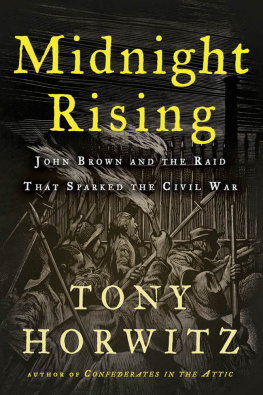
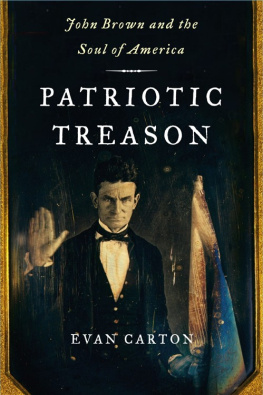
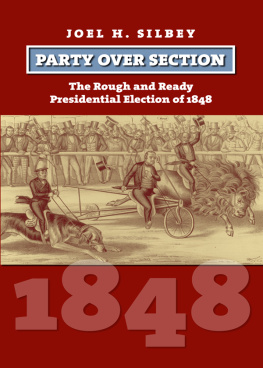



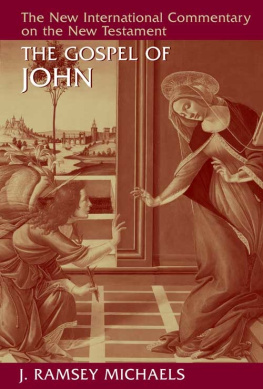

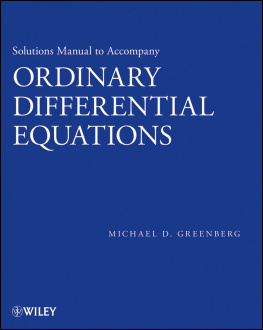
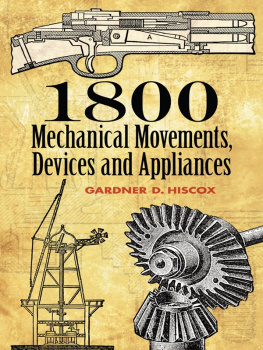
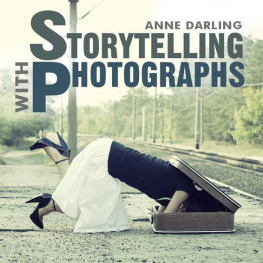
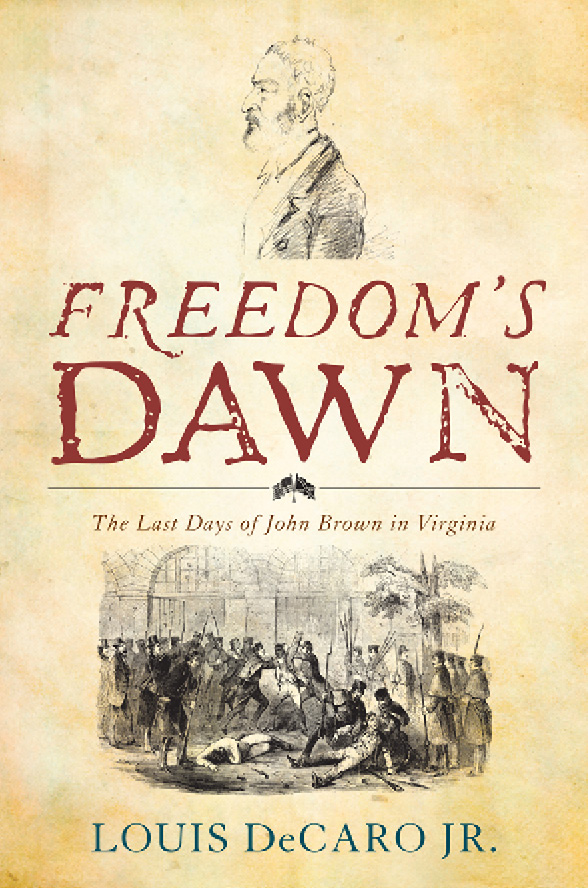
 The paper used in this publication meets the minimum requirements of American National Standard for Information SciencesPermanence of Paper for Printed Library Materials, ANSI/NISO Z39.48-1992.
The paper used in this publication meets the minimum requirements of American National Standard for Information SciencesPermanence of Paper for Printed Library Materials, ANSI/NISO Z39.48-1992.